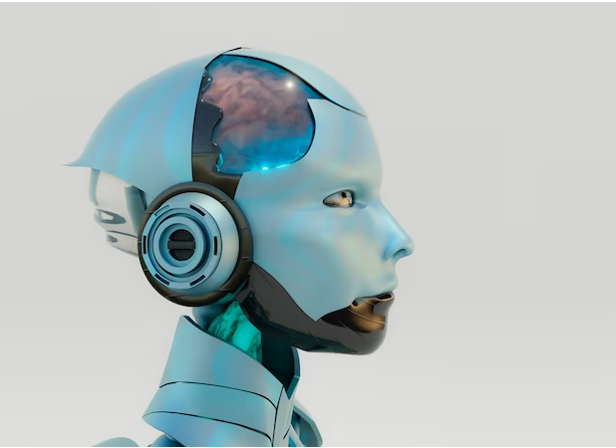Revolutionizing Healthcare: Leveraging Machine Learning for Early Disease Detection

As of late, headways in innovation, especially in AI, have prodded a change in different businesses. One such region seeing huge advancement is medical services. By outfitting the force of AI calculations, medical services experts can now recognize infections at their earliest stages, working with convenient mediation and working on persistent results. In this blog entry, we’ll investigate how AI is altering medical services, explicitly zeroing in on early illness discovery, and reshaping the industry potential.The Need for Early Disease Detection
Early sickness discovery assumes a crucial part in medical care, as it empowers medical care suppliers to start therapy speedily, frequently prompting better forecasts and diminished medical care costs. Be that as it may, customary techniques for illness recognition frequently depend on side effects, which may just appear in later phases of the sickness. This postpone in analysis can altogether affect patient results.
Enter Machine Learning
AI, a subset of man-made reasoning, engages PCs to gain from information and settle on expectations or choices without express programming. With regards to medical care, AI calculations break down immense measures of clinical information to recognize designs and anticipate results, including the presence of illnesses.
White Label Crypto Exchange: A New Frontier
While the focus of this article is healthcare, it’s worth mentioning the role of white label crypto exchanges in facilitating the development and deployment of machine learning solutions. White label crypto exchange platforms provide ready-made infrastructure and customizable solutions for launching digital asset trading platforms. Utilizing these stages can assist the arrangement of AI calculations in medical care by offering secure and adaptable framework for information handling and examination.
Applications of Machine Learning in Early Disease Detection
Medical Imaging Analysis:
Artificial intelligence estimations prevail with regards to taking apart clinical pictures, similar to X-radiates, X-beams, and CT looks at, to distinguish abnormalities decisive of various disorders, including sickness, cardiovascular conditions, and neurological issues. These computations can perceive subtle models or irregularities that could move away from the regular eye, enabling early mediation.Predictive Examination:
By breaking down understanding information, including electronic wellbeing records (EHRs), hereditary data, and way of life factors, AI models can anticipate the probability of fostering specific infections. These expectations permit medical services suppliers to execute preventive measures and customized therapy plans custom-made to individual patient requirements.
Remote Monitoring:
AI fueled wearable gadgets and remote observing frameworks empower constant following of fundamental signs and wellbeing boundaries continuously. By examining this streaming information, calculations can identify deviations from standard qualities, making medical services experts aware of potential wellbeing chances or looming illness beginning.
Drug Discovery and Development:
AI speeds up the medication disclosure process by dissecting sub-atomic designs, anticipating drug-target cooperations, and recognizing possible remedial mixtures. This empowers scientists to facilitate the ID and improvement of novel medicines for different illnesses, including uncommon and complex circumstances.
Challenges and Considerations
While machine learning holds immense promise in early disease detection, several challenges and considerations must be addressed:
Data Privacy and Security:
Medical services information are exceptionally delicate and dependent upon severe security guidelines. Guaranteeing consistence with information assurance regulations and carrying out powerful safety efforts is foremost to defend patient secrecy.
Information Quality and Inclination: AI models are just basically as great as the information they’re prepared on. Guaranteeing the quality, variety, and representativeness of preparing information is fundamental to forestall algorithmic inclination and guarantee exact expectations across assorted patient populaces.
Interpretability and Transparency:
AI models frequently work as secret elements, settling on it trying to decipher their choices. Upgrading model interpretability and straightforwardness is urgent for building trust among medical care experts and patients.
Conclusion
All in all, AI holds huge potential to reform medical services, especially in early sickness discovery. By utilizing progressed calculations and tremendous measures of clinical information, medical care suppliers can recognize infections at their earliest stages, prompting worked on understanding results and decreased medical services costs. While challenges persevere, proceeded with examination, devaelopment, and coordinated effort between innovation designers, medical care suppliers, and administrative bodies will drive the joining of AI into routine clinical work on, introducing another time of customized and preventive medical care.





